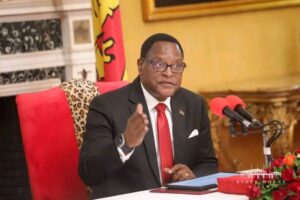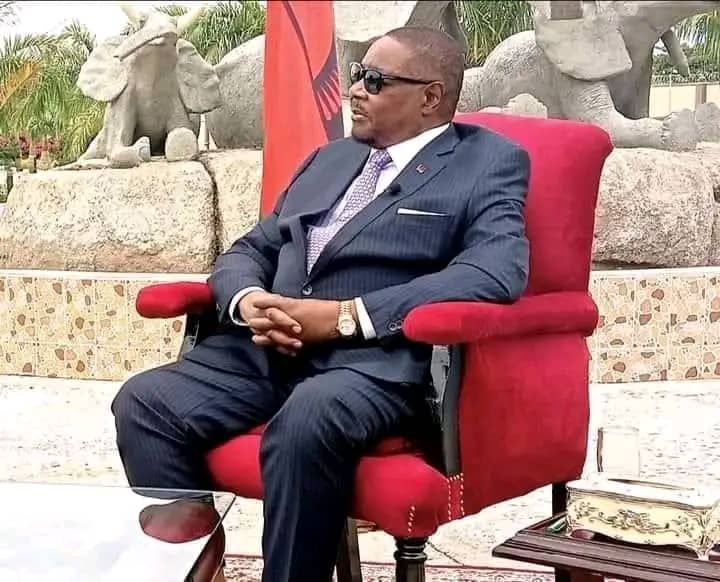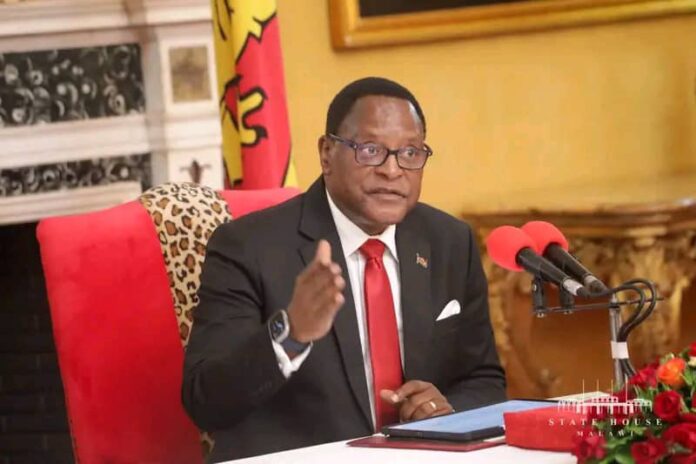By Burnett Munthali
As Malawi approaches another critical election, the nation finds itself at a defining moment. The decision between President Lazarus Chakwera and former President Peter Mutharika carries significant implications for the country’s trajectory. While Chakwera’s supporters highlight his perseverance and vision, the stark reality of his administration’s shortcomings cannot be ignored. On the other hand, Mutharika’s leadership, though imperfect, offers lessons and achievements that may resonate with a nation in need of stability and progress.
Under Chakwera, Malawi’s economy has faced unparalleled strain. Rising inflation, soaring costs of living, and persistent foreign exchange shortages have hamstrung the country’s ability to function. Basic necessities such as fuel and medicine have become luxuries for many. Despite ambitious promises of reform, the current administration has yet to stabilize the economic ship or provide relief to a populace increasingly burdened by hardship.

Mutharika’s tenure, in contrast, was marked by relative economic stability. Inflation was controlled, and foreign exchange reserves were healthier, allowing for steadier economic management. While his government faced challenges, the focus on macroeconomic stability provided a foundation for growth and investment.
Chakwera came into office with a bold commitment to fight corruption. However, his administration has been marred by scandals, from the mismanagement of COVID-19 funds to irregularities within the Affordable Inputs Programme (AIP). The Anti-Corruption Bureau (ACB), crucial in combating graft, has faced funding challenges and allegations of political interference, further eroding public confidence.
While Mutharika’s administration also battled accusations of corruption, his tenure saw deliberate efforts to strengthen institutions such as the ACB and the Office of the Ombudsman. These measures, though not flawless, provided mechanisms for accountability and transparency.
Public services under Chakwera’s leadership have deteriorated. Hospitals lack essential medicines, teachers remain underpaid, and the nation’s infrastructure is visibly crumbling. Despite pledges to create one million jobs, youth unemployment remains an alarming crisis.
During Mutharika’s presidency, significant infrastructure projects were undertaken, including roads, bridges, and schools. These efforts, while imperfect, demonstrated a commitment to improving public services and fostering long-term development.
Chakwera’s presidency, initially seen as a unifying force, has struggled to bridge regional and political divides. Perceptions of favoritism in appointments and decisions have further alienated segments of the population.
In contrast, Mutharika’s leadership, though not immune to criticism, avoided the deep polarization that has characterized the current administration. His governance style, while pragmatic, sought to balance regional and political interests, fostering a sense of stability.
Malawi’s future hinges on electing a leader who can navigate its complex challenges with pragmatism and resolve. Comparing Chakwera and Mutharika across key areas provides a clear perspective:
Chakwera’s tenure has seen economic instability, while Mutharika’s administration maintained relative fiscal discipline.
*Corruption:* Chakwera’s lofty promises have fallen flat, whereas Mutharika strengthened institutional accountability mechanisms.
*Public Services:* The current administration has faltered, while Mutharika’s projects laid groundwork for development.
*Unity:* Chakwera’s perceived favoritism has deepened divisions, while Mutharika fostered relative inclusivity.
Malawi’s current direction under Chakwera raises serious concerns. A return to Mutharika’s leadership, armed with lessons from the past, offers the potential for a much-needed course correction. His emphasis on macroeconomic stability, governance reforms, and pragmatic leadership could restore hope and progress.
As the nation heads to the polls, the choice is clear. Malawi’s next leader must prioritize tangible outcomes over rhetoric, stability over division, and progress over stagnation. For many, Peter Mutharika represents not a step back but a step toward a more secure and prosperous future.
The future of Malawi rests in the hands of its people. This election is not just about personalities or party loyalties—it is about charting a path forward. Will Malawians choose resilience and progress, or remain tethered to unfulfilled promises? The answer lies in the ballot.




